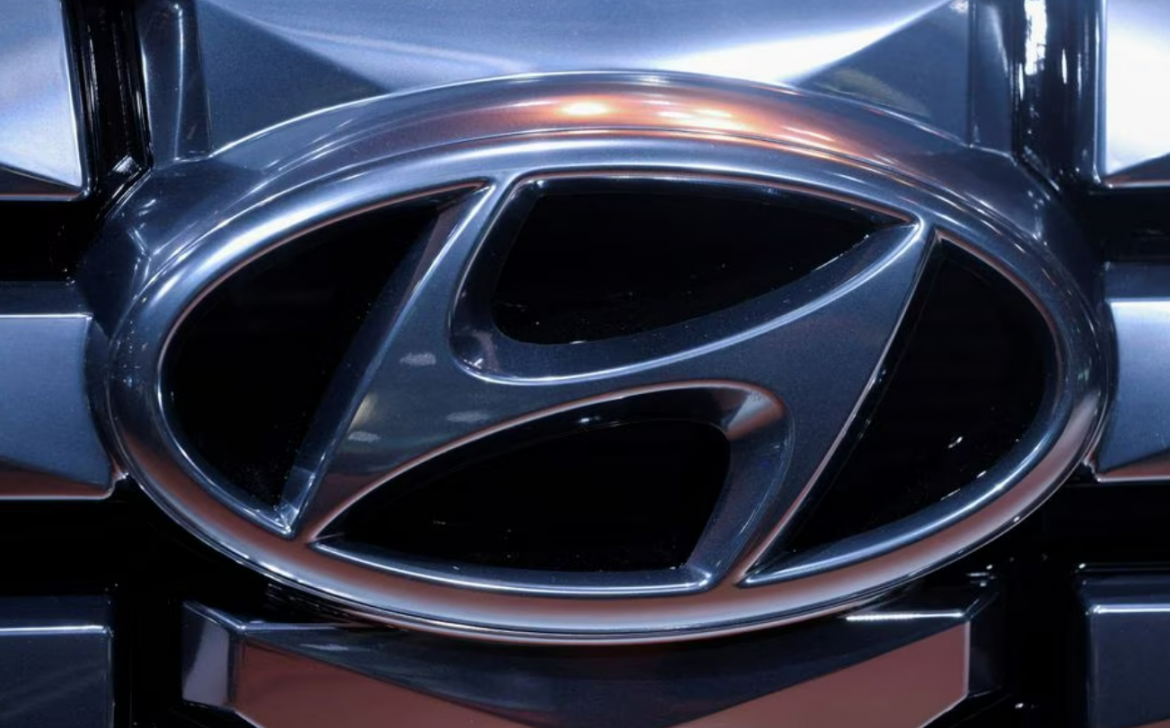The unionized workers of Hyundai Motor have secured the green light for a potential strike, heightening the likelihood of the company experiencing its first wage-related industrial action in half a decade.
Approval for Strike Action
The National Labor Relations Commission, a South Korean governmental body overseeing labor conflicts, has granted permission for the Hyundai Motor union to initiate strike proceedings, setting the stage for potential disruptions in the operations of the country’s leading automaker.
Clear Differences and Next Steps
The commission acknowledged significant disparities in stances between the company’s management and the union, as per Yonhap News Agency. Although the commission’s spokesperson was unavailable for commentary, the development marks a significant move in the ongoing negotiations.
Anticipated Impact and Economic Consequences
Should the union proceed with the strike, it would mark the first wage-related industrial action at Hyundai Motor in the past five years, introducing the potential for disruptions in the production and delivery of popular vehicles. This comes as Hyundai faces challenges in scaling up production due to prolonged shortages of essential components.
Potential Losses and Market Impact
Estimates suggest that the strike could lead to operating losses amounting to up to 1 trillion won ($755.37 million), thus exerting substantial financial pressure. Additionally, the strike’s implications could extend to domestic sales, considering the limited inventory available for purchase.
Strategic Gathering and Future Negotiations
In response to the approved strike action, the union has announced plans to convene on Wednesday to determine their subsequent course of action. The union members’ earlier vote had established their intention to walk out unless Hyundai Motor acceded to their demands for wage increments and an extension of the retirement age.
Continued Dialogue Amidst Tensions
Despite the possibility of a strike, union officials have expressed their commitment to continuing discussions with the company’s management. This suggests a willingness to pursue resolutions through negotiation channels.
Considering the overarching impact on Hyundai’s operations, market presence, and financial landscape, the industry and stakeholders are closely monitoring the unfolding situation.



